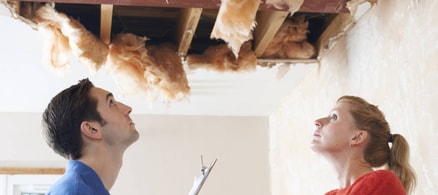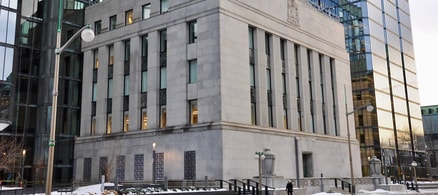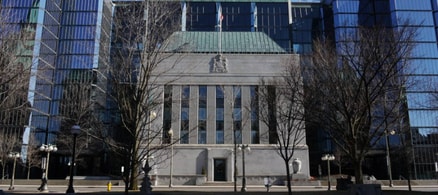Who’s eligible for the program?
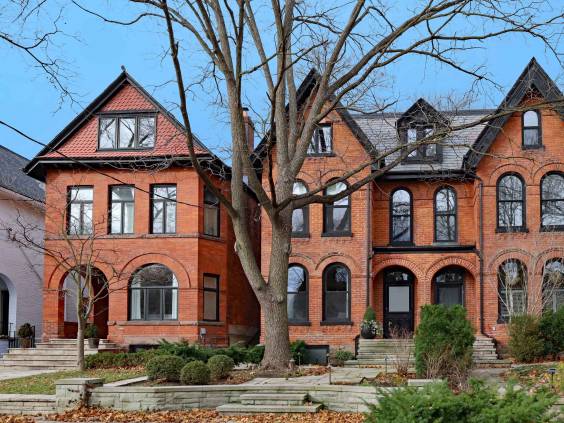
Prime Minister Justin Trudeau says the $2.6 billion Canada Greener Homes Grant will help some 700,000 homeowners keep their houses warmer during Canada's tough winters and lower their energy bills.
“As a homeowner, you don’t want to have to pay extra money on energy bills because of a leaky window when you could save the money for school supplies or groceries,” Trudeau said in May.
All Canadian homeowners are eligible, so long as they can show proof of ownership through their tax bill and demonstrate that the property is their primary residence with either government-issued ID or a utility bill.
The money can be used for detached and semi-detached houses, row houses, townhomes, cottages and some small multi-unit residential buildings. New homes (defined as six months old or newer) are not eligible.
In order to receive the reimbursement, however, homeowners must have a pre- and post-retrofit evaluation from a certified advisor.
How does the program work?
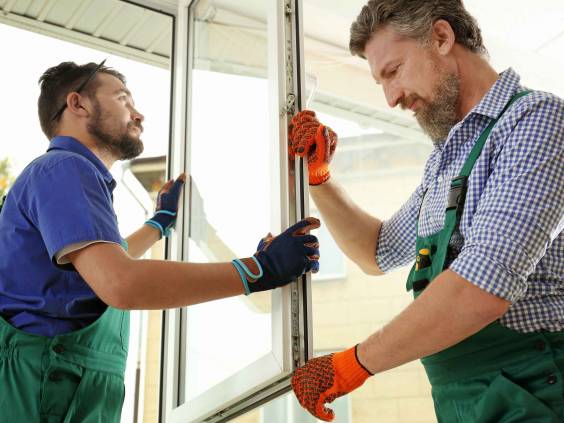
Canadians can register for the program and book their pre-retrofit evaluation online or by phone. Quebec and Nova Scotia residents must apply through their respective provincial programs.
These evaluations can only be conducted by registered advisors, who will provide recommendations on how to improve a home’s energy performance. Homeowners must complete at least one retrofit that is both eligible and recommended in your report to be reimbursed.
The post-retrofit evaluation will provide a measure of how much energy the retrofits will actually save and what impact they will have in reducing greenhouse gas emissions.
Once the upgrades are completed, homeowners can request reimbursement of up to $5,000 for retrofits completed after Dec. 1, 2020. They can also be reimbursed for up to $600 for the cost of the pre- and post-retrofit evaluations.
Since the federal grants are not taxable, they do not have to be declared as income.
What types of retrofits are eligible?
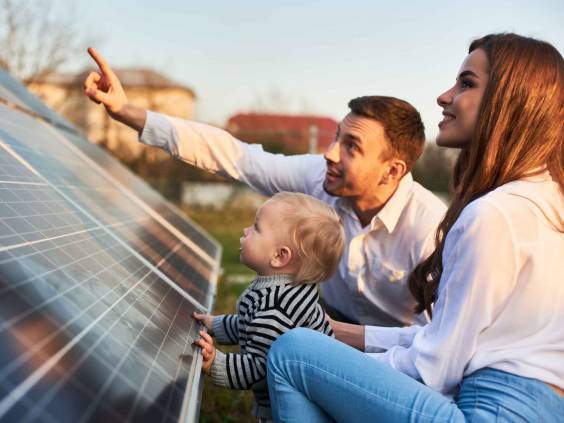
Homeowners can take on a number of energy-saving retrofits, like adding insulation, replacing a furnace or installing solar panels.
Still, not every project that would make a home more efficient is covered. Devices fuelled by natural gas are out, so you can't get paid to upgrade a gas furnace — you'd need to replace it with an electric heat pump.
Applicants are being told to keep copies of all necessary documents until March 31, 2028 so they can provide them upon request. Those documents include receipts for pre- and post-retrofit evaluations and all receipts for both products purchased and for their installation.
The government also recommends that homeowners be able to prove that the installation of an electrical or mechanical system was completed by a licensed professional.
Let the government kickstart your savings
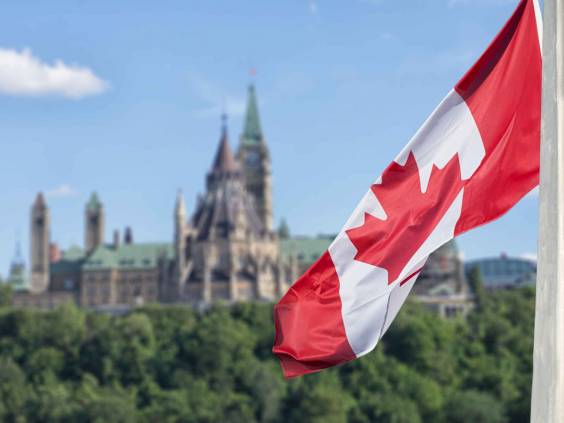
If you can manage all that, you'll be doing good for your wallet and the environment. Homes and buildings account for 18% of Canada’s greenhouse gas emissions.
By taking the sting out of the upfront cost of installation, the Canada Greener Homes Grant will allow you to enjoy your month-to-month savings right away — which you can pour straight into some money-making investments.
Energy-efficient upgrades will also increase the value of your home when it comes time to sell. Budget-conscious buyers will appreciate that they don't have any work to do to get the home to modern standards.
In the meantime, if you’re looking for other ways to cut your housing costs, be sure to look into refinancing your mortgage if you haven't already. Rates are still at historic lows, so you may be able to save hundreds a month depending on what you're currently paying.

